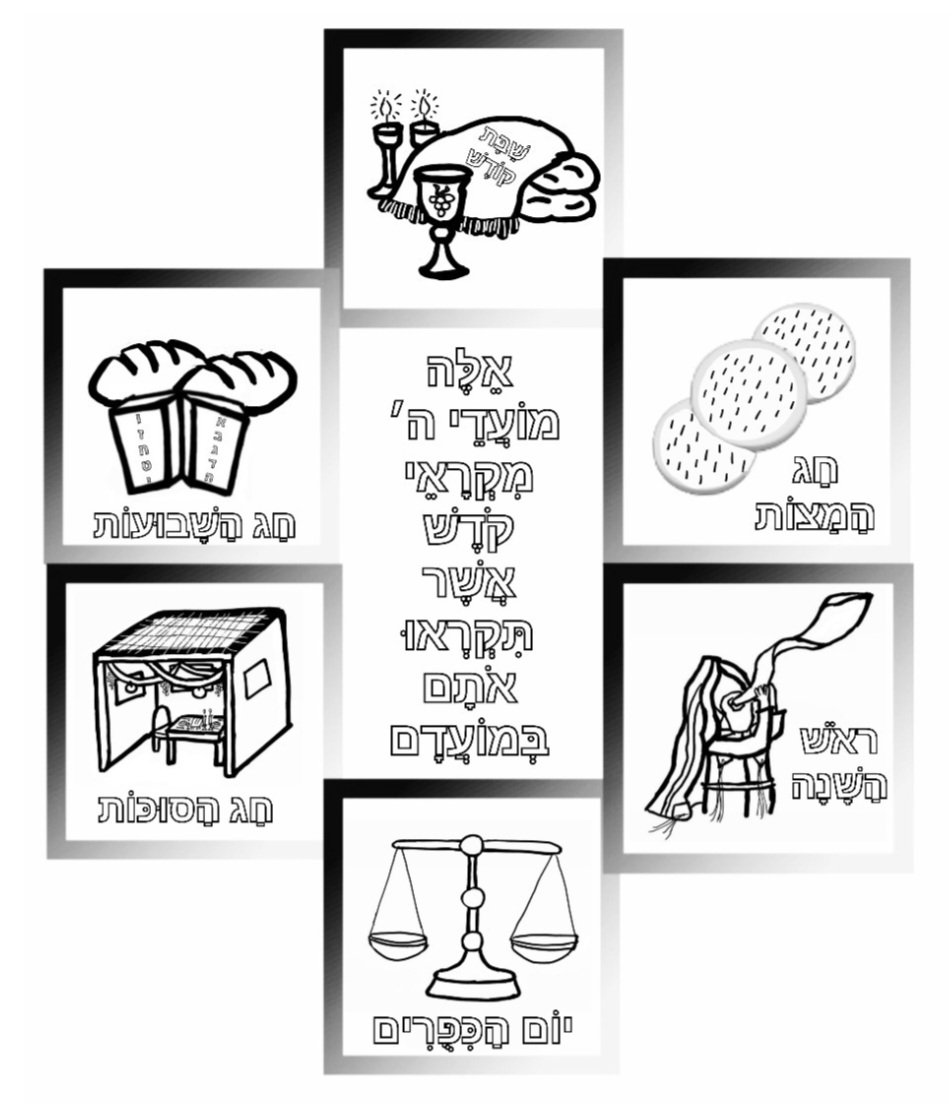This D’var Torah should be a Zechus L’Ilui Nishmas my mother Chaya Rochel Bas Dovid Tzvi (Hareini Kaparas Mishkavah), my sister Kayla Rus Bas Bunim Tuvia A”H, my maternal grandfather Dovid Tzvi Ben Yosef Yochanan A”H, my maternal grandfather Dovid Tzvi Ben Yosef Yochanan A”H, my paternal grandfather Moshe Ben Yosef A”H, my paternal grandmother Channah Freidel Bas Avraham A”H, my uncle Reuven Nachum Ben Moshe & my great aunt Rivkah Sorah Bas Zev Yehuda HaKohein,
It should also be in Zechus L’Refuah Shileimah for:
-My father Bunim Tuvia Ben Channa Freidel
-My grandmother Shulamis Bas Etta
-MY BROTHER: MENACHEM MENDEL SHLOMO BEN CHAYA ROCHEL
-Mordechai Shlomo Ben Sarah Tili
-Noam Shmuel Ben Simcha
_R’ Simcha Yitzchak Ben Mirela Yudka
-Chaya Rochel Ettel Bas Shulamis
-It should also be a Z’chus for an Aliyah of the holy Neshamos of HaRav HaGa’on V’Sar HaTorah Shmaryahu Yosef Chaim Ben HaRav Yaakov Yisrael Kanievsky A”H, Dovid Avraham Ben Chiya Kehas—R’ Dovid Winiarz ZT”L, Miriam Liba Bas Aharon—Rebbetzin Weiss A”H, as well as the Neshamos of those whose lives were taken by terrorists (Hashem Yikom Damam), COVID-19, and other tragedies.
-It should also be a Z’chus for success for Tzaha”l as well as the rest of Am Yisrael, in Eretz Yisrael and in the Galus.
בס”ד
פרשת אמֹר
“The Holiest Thing”
פַּרְשַׁת אֱמֹר continues a major topic of last week’s פַּרְשָׁה. In פַּרְשַׁת קְדוֹשִׁים, we began discussing the idea of קְדוּשָׁה (holiness). This week, we learn about higher levels of קְדוּשָׁה, and about different items that can have קְדוּשָׁה, such as holy places, holy people, holy objects and even holy times (holiday, holy + day = holiday!).
But, the thing that has the most קְדוּשָׁה is ה׳’s Name. And in פַּרְשַׁת אֱמֹר, the תּוֹרָה warns how important it is to make a קִידוּשׁ ה׳ (make ה׳’s Name holy) and never a חִילוּל ה׳ (to disgrace ה׳’s Name). It warns us with both a command and a story about a man who cursed ה׳’s Name!
In the desert, there was a man with a Jewish mother and an Egyptian father who was looking for a home with the Jews of his mother’s tribe. According to the תּוֹרָה, they didn’t need to make room for him because his father wasn’t part of the tribe. But, instead of including him anyway or being polite about it, they started fighting. Then, this lonely man cursed ה׳’s Name in front of everyone and ה׳ told מֹשֶׁה that the man had to be stoned to death.
Question: This story is a terrible tragedy, but the question is whose fault is it? Who created the חִילוּל ה׳?
Answer: It is both the tribe’s fault and the man’s fault. Both participated in the חִילוּל ה׳. The man who cursed ה׳ was right to be upset, but he responded in the worst way. He deserved to be killed. But, if the Jews of his mother’s tribe were not so exclusive and were just a little bit more respectful and sensitive, maybe, this man would have never cursed ה׳. Of course, two wrongs don’t make a right, especially when it creates a חִילוּל ה׳!
When Jews fight, the only result is חִילוּל ה׳. When Jews don’t show sensitivity and respect, how can they make a קִידוּשׁ ה׳? Let us do our absolute best show our peers that we are inclusive, polite, sensitive, respectful to others and only create a קִידוּשׁ ה׳. Have a wonderful שַׁבָּת!
Rabbi Eisenberg, Grade 3

